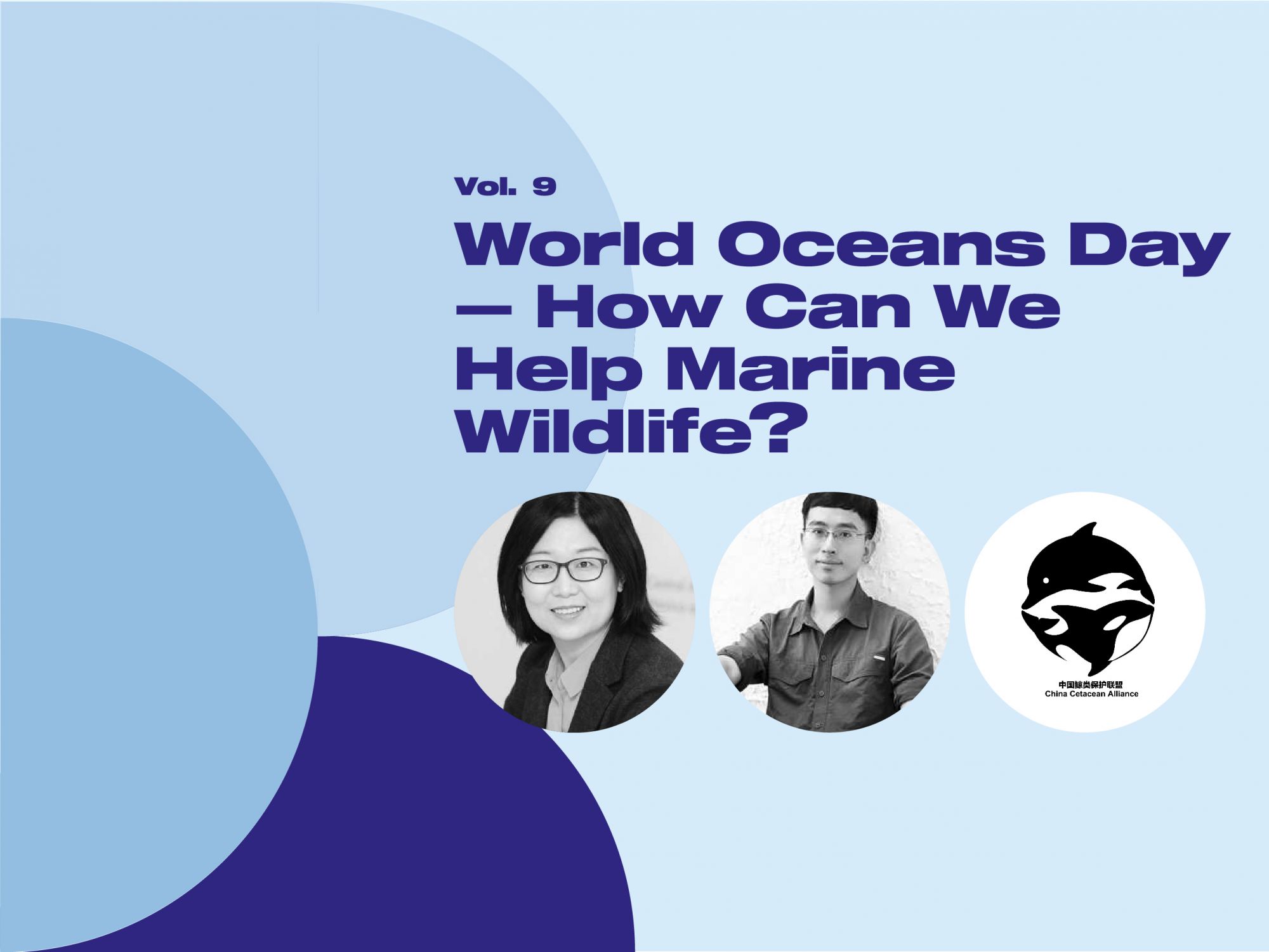In the ninth volume of our virtual event Cloud Talk, we discussed the lack of global marine wildlife conservation and what we can do about it
Humanity has wiped out 60 percent of mammals, birds, fish and reptiles since 1970. Our oceans are massively overfished, with more than half of the world’s oceans now fished industrially.
“We are sleepwalking towards the edge of a cliff,” said Mike Barrett, executive director of science and conservation at WWF, to The Guardian. “If there was a 60 percent decline in the human population, that would be equivalent to emptying North America, South America, Africa, Europe, China and Oceania. That is the scale of what we have done.”
To mark World Oceans Day on June 8, we dedicated an edition of our virtual event series Cloud Talk to the importance of marine wildlife protection and what we can do to help. Below are some key excerpts from the virtual event, moderated by Gen.T's China editor, Christine Chan.

Huang Hongxiang, Gen.T honouree and the founder of China House, a social enterprise focused on environmental education, talked about the implications of human activities on endangered species. With six out of seven sea turtle species already classed as endangered, “the survival rate of baby sea turtles is now less than 0.1 percent,” he said. “Human activities are making their survival even harder.”
Zheng Yu, project manager of the World Animal Protection, an international non-profit animal welfare organisation, highlighted the dark side of wildlife tourism and animal shows, highlighting the damage done when animals are forced to “perform” for humans. “There’s no educational benefit [to wildlife performances] at all, it’s just immense torture for the animals,” she said.
A representative of China Cetacean Alliance, an organisation that lobbies against the capture of whales—who chose to stay anonymous for her own safety, as she conducts undercover work to expose the whaling industry—spoke of the importance of ending the captivity of wild animals. Pools in aquariums are not even remotely comparable to the ocean, she said. Instead, she suggested that aquariums focus on educating the public on marine wildlife rather than taking advantage of animals to generate revenue.
For more information on this Chinese-language Cloud Talk, visit our WeChat. To watch English-language Cloud Talks, visit our Events page.
